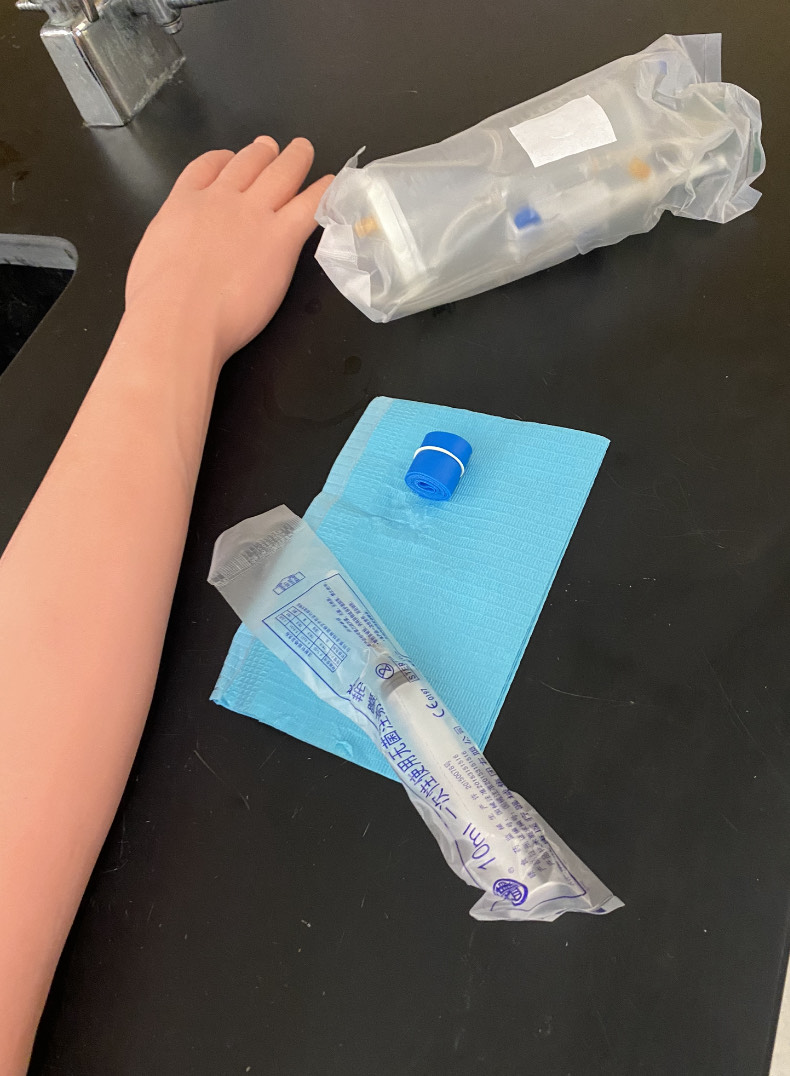The 2023-2024 school year is filled with opportunities for students to discover their passions. Several new courses–one being Principles of Biomedical Science–provide students with a rigorous academic experience. In partnership with Project Lead the Way (PLTW), this course is currently offered for a full year with honors credit.
Project Lead The Way is a non-profit organization out of Indianapolis, Indiana, that develops STEM curricula for schools nationwide. Although Principles of Biomedical Science is a high-level, fast-moving class, it is not an Advanced Placement course offered through the College Board. Nevertheless, colleges and universities recognize the demanding nature of the coursework.
According to the PLTW website, “This course serves to provide foundational knowledge and skills in fields such as biology, anatomy and physiology, genetics, microbiology, and epidemiology as well as engage students in how this content can be applied to real-world situations, cases, and problems.”
Four units are covered throughout the year: Medical Investigation, Clinical Care, Outbreaks and Emergencies, and Innovation, Inc. Each consists of individual and group projects, tasks, and problems that biomedical professionals experience. No prior experience or coursework is needed to take this class.
Aside from teaching four sections of biology this year, science teacher Tyler Roberts is the first SHS teacher to teach Principles of Biomedical Science. Graduating from Roger Williams University in 2020, Roberts double majored in biology and secondary education and will complete a master’s degree in Instructional Design at Quinnipiac University this May.
Roberts explained that he dedicated considerable time preparing for the class: “Last year, I took a course that met Tuesday and Thursday nights on Zoom that were each two hours in length. The instructor led us through each lesson in the course and gave us some helpful tips. I got to meet some other instructors from across the nation. They were mostly out on the West Coast. Along with this, I spent some of my days in the summer planning for the course.”
When asked how this class is different from other science electives, Roberts emphasized the dynamic curriculum: He said “the hands-on learning around a central problem along with the connections made back to careers” distinguishes this course. Students also keep a career journal as lessons progress and can log data that would help them in the real world.
Roberts explained: “So far, we have had productive discussions on what biomedical scientists, digital forensics investigators, and blood spatter analysts do. It gives everyone a chance to identify a career path that they may not have considered before. I especially love that piece of the course.”
Since course selection for the 2024-25 academic year is around the corner, if you are interested in learning more about this exciting new course, speak with Mr. Roberts or the science department chair, Mr. Patrick Newton.
